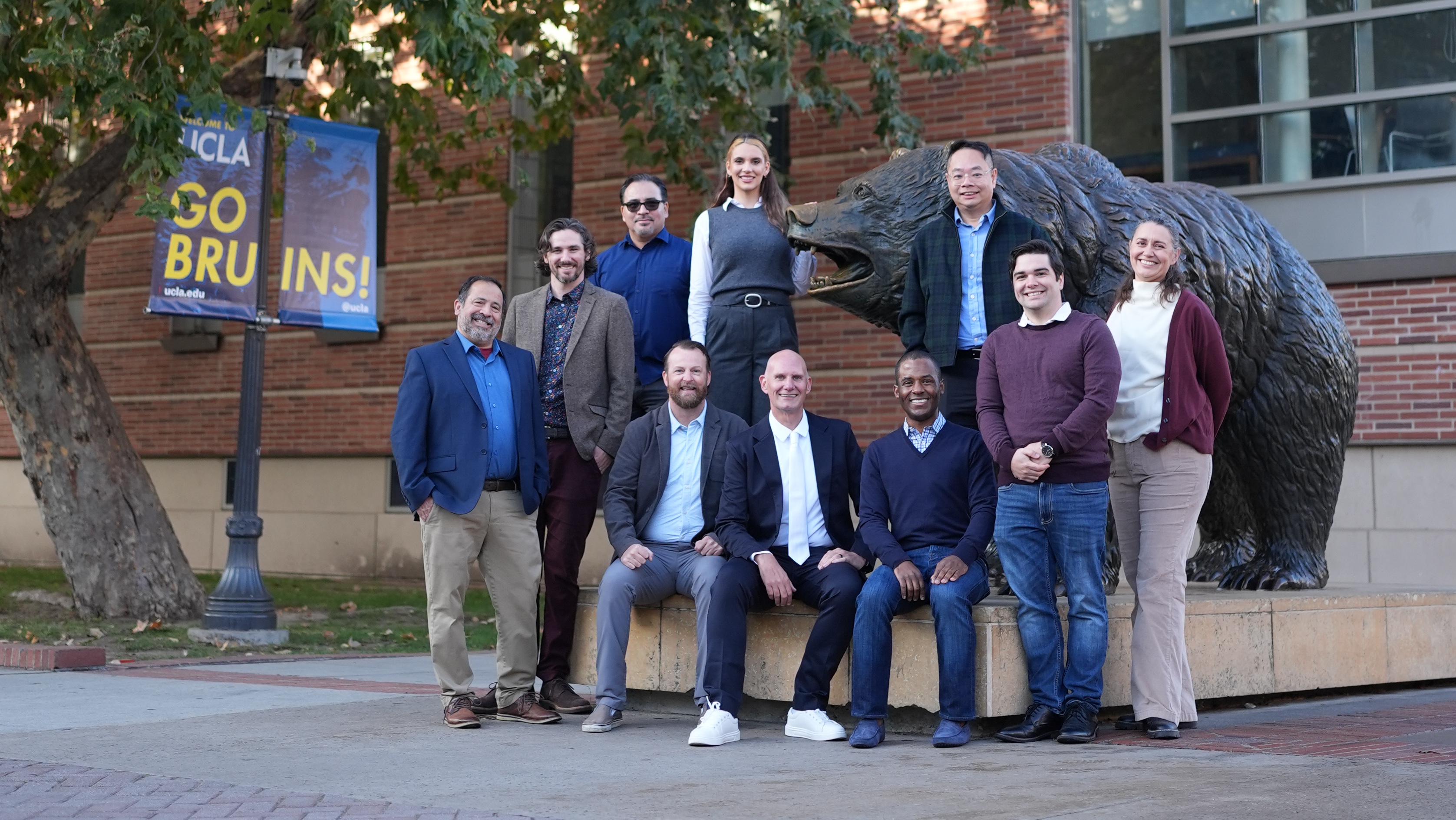On Hybrid Work 2024: Jabra
Paul Sephton, Head of Brand Communications at Jabra, shares insight into trends that will play a role in hybrid workplace culture, space planning, and technologies in 2024.

A daily selection of features, industry news, and analysis for AV/IT professionals. Sign up below.
You are now subscribed
Your newsletter sign-up was successful
AVT Question: Please share your insight into trends that will play a role in hybrid workplace culture, space planning, and technologies in 2024.
Thought Leader: Paul Sephton, Head of Brand Communications at Jabra
When any new generation enters the workforce, the habits and preferences that once defined the traditional landscape change. With many Gen Z and millennials just beginning their careers but already making up 38 percent of the workforce, we’re seeing a major shift in how employers are catering to a growing population of younger workers.
As the office continues to operate from everywhere, unified communications platforms will help optimize the management of a hybrid workforce. Establishing these technologies can help create stronger collaboration environments without sacrificing any employee flexibility." —Paul Sephton, Head of Brand Communications at Jabra
The conditions in which Gen Z entered the job market post-pandemic indicate that adopting a flexible work style is necessary to hire (and retain) talent. In a world where career paths are far more diverse than in previous generations, and the majority of Gen Z prefer to work for themselves, flexibility is non-negotiable for anyone working for an organization. It is the baseline of control that this newer generation knows and needs, as traditional ways of working that embrace hustle culture are on the decline.
Jabra recently analyzed the stabilization of work habits among these younger generations to help leaders prepare for the future workforce. The research found that 89 percent of Gen Z work at jobs that allow them to choose their own schedules, showing a prevailing desire for flexibility. With a large percentage of Gen Z employees feeling burnt out and considering changing jobs in the next year, employers need to drive re-engagement strategies that aren’t solely focused on location, yet still cater to a desire for belonging.
Thanks to digital tools, personal collaboration does not have to mean in-person. One in three surveyed by Jabra found face time with their peers a key factor in feeling connected, even when conducted over video. As the office continues to operate from everywhere, unified communications platforms will help optimize the management of a hybrid workforce. Establishing these technologies can help create stronger collaboration environments without sacrificing any employee flexibility.
A daily selection of features, industry news, and analysis for tech managers. Sign up below.

Cindy Davis is the brand and content director of AV Technology (AVT). She was a critical member of the AVT editorial team when the title won the “Best Media Brand” laurel in the 2018 SIIA Jesse H. Neal Awards. Davis moderates several monthly AV/IT roundtables and enjoys facilitating and engaging in deeper conversations about the complex topics shaping the ever-evolving AV/IT industry. She explores the ethos of collaboration, hybrid workplaces, experiential spaces, and artificial intelligence to share with readers. Previously, she developed the TechDecisions brand of content sites for EH Publishing, named one of the “10 Great Business Media Websites” by B2B Media Business magazine. For more than 25 years, Davis has developed and delivered multiplatform content for AV/IT B2B and consumer electronics B2C publications, associations, and companies. A lifelong New Englander, Davis makes time for coastal hikes with her husband, Gary, and their Vizsla rescue, Dixie, sailing on one of Gloucester’s great schooners and sampling local IPAs. Connect with her on LinkedIn.
